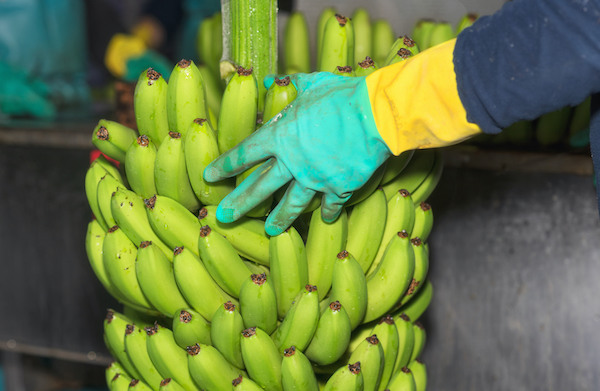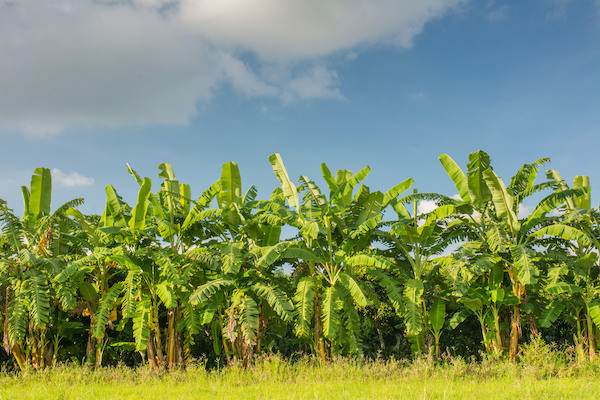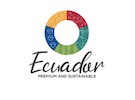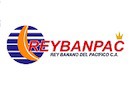 On June 2nd, The Business Year hosted a virtual event entitled “Ecuador’s Capacity for Strengthening Global Food Security,” which featured two virtual round-table discussions to reflect on Ecuador’s role in strengthening global food safety. Part of the first virtual roundtable featured Vicente Andrés Wong, the Commercial Manager of Reybanpac, who discussed the position of the banana industry in Ecuador, and how the industry works to comply with Ecuador’s national brand “Premium and Sustainable.”
On June 2nd, The Business Year hosted a virtual event entitled “Ecuador’s Capacity for Strengthening Global Food Security,” which featured two virtual round-table discussions to reflect on Ecuador’s role in strengthening global food safety. Part of the first virtual roundtable featured Vicente Andrés Wong, the Commercial Manager of Reybanpac, who discussed the position of the banana industry in Ecuador, and how the industry works to comply with Ecuador’s national brand “Premium and Sustainable.”
Pandemic challenges for Ecuador’s banana industry
During the pandemic, one of the challenges has been to maintain a product’s premium standards while also ensuring its continuous supply. For Reybanpac, as for many other companies, the first priority is the safety and health of the workers. Wong explains: “As a company, and as an industry we need to ensure the safety and health of our workers, first and foremost. Secondly, we have the responsibility to maintain jobs; to do this, we needed to find the right balance of operating measures to keep the business flowing while preventing the spread of the virus.”

He adds: “The main obstacle we have encountered was the absenteeism of personnel in every step of the supply chain: in the container yards, port terminals, and even the suppliers of packaging materials. So, the big challenge has been to get the input materials, get the product packed and ready in time to assure the export. I can say that the government and Ecuador’s officials have worked hard to help facilitate these processes while simultaneously ensuring that everyone is 100% in compliance with food safety and biosecurity.”
Due to the extra precautions that are constantly enforced within the banana industry to prevent the spread of TR4, most companies didn’t have much issue implementing the new precautions for preventing the spread of the coronavirus. “As an industry, we have been working to implement biosecurity measures in all the packing stations, which has helped with our preparedness during the pandemic and has made it easier for us to adapt to the new measures, especially on the farms,” Wong says.

The biggest challenge the industry will face in the medium-term, Wong believes, is the access to credit lines. He explains: “The banana industry in Ecuador currently produces around 1,800 to 2,000 boxes of bananas per hectare, per year. But we have the potential to increase this to up to 3,000 boxes, at least. This can only be done by constant investments: into the irrigation systems, fertilizer programs, drainage, and more. I foresee that this will be difficult in the coming times due to this ongoing crisis.”
Focus on sustainability In Ecuador’s country brand “Premium and Sustainable,” the focus on both social and environmental sustainability is very important. One of the topics under discussion is that of ensuring a living wage for the industry workers. Wong shares: “This has become an important topic in the last few years, but Ecuador has had a clause in our labor code for ‘decent wage’ since 2010. The FAO has been working with banana producing countries to compare their minimum wage with the living wage and make adjustments where necessary, but because of our ‘decent wage’ clause in our labor code, Ecuador was already in compliance with this.”
In Ecuador’s country brand “Premium and Sustainable,” the focus on both social and environmental sustainability is very important. One of the topics under discussion is that of ensuring a living wage for the industry workers. Wong shares: “This has become an important topic in the last few years, but Ecuador has had a clause in our labor code for ‘decent wage’ since 2010. The FAO has been working with banana producing countries to compare their minimum wage with the living wage and make adjustments where necessary, but because of our ‘decent wage’ clause in our labor code, Ecuador was already in compliance with this.”
One of the challenges of reaching sustainability goals is the implementation of regulations. “Ecuador has almost 7,000 banana growers, so it can be very complicated to increase the amount of certified land. The government has been worked on creating a standardized ‘best agricultural practices certification’ to help make this process easier. We have also been working with precision agriculture a lot, to increase our yields while reducing water and chemical usage,” Wong says.
One of the most important aspects to sustainability is for the markets to adjust along with the rest of the industry, Wong emphasizes. “We are all putting a lot of effort into sustainability – socially, economically, environmentally – but this comes with costs. The entire market and all its participants need to work together to help increase the sustainability of the industry. As a country, we are completely committed to sustainability, but consumers need to be completely committed as well, and help share these additional costs in the end product.”
Room for expansion
While bananas are one of the most widely consumed fruits in the world, according to Wong there is a lot of room for expansion in the global market. “When you look at Germany, for example, which is a strongly established market for bananas, the per capita consumption is around 17 kilograms per year. In Turkey, on the other hand, this number is much lower, around 4-5 kilograms. So, there is a lot of potential to keep increase the penetration of our product in many markets. That is why continual investment in productivity and market diversification are key elements for success,” Wong concludes.
 For more information:
For more information:
Reybanpac S.A.
Tel: (593 4) 3706900
www.reybanpac.com
